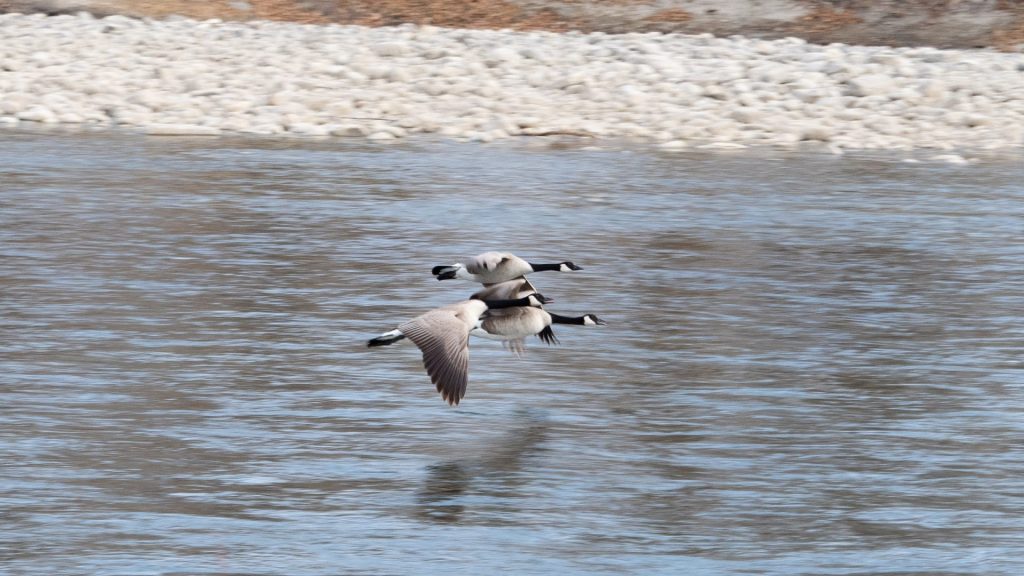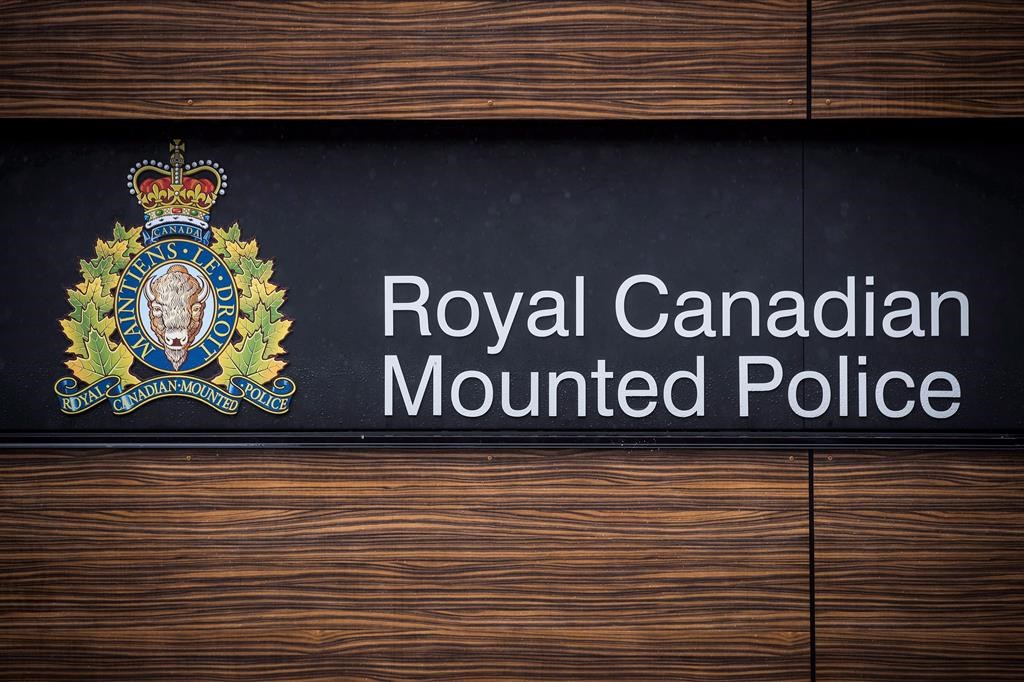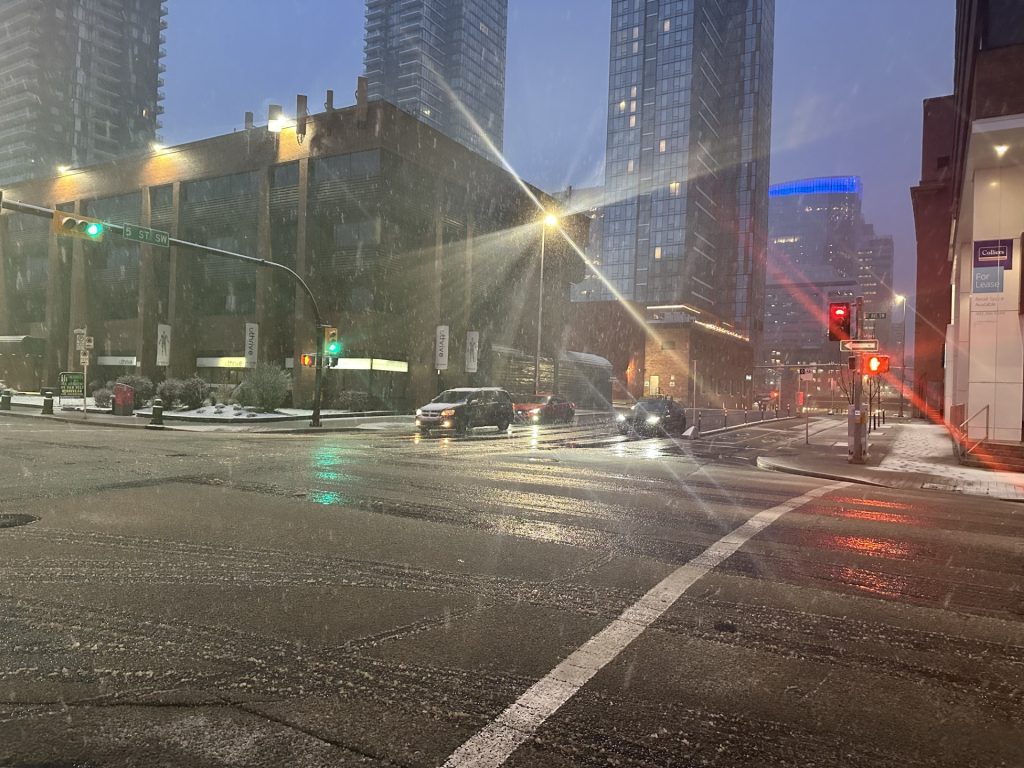Spring snowstorm likely not enough to pull Southern Alberta out of drought: expert

Posted Apr 4, 2024 12:10 pm.
Last Updated Apr 4, 2024 7:27 pm.
When it comes to drought mitigation, experts say every drop counts, and now that a big dump of slushy snow has fallen in and around the city, some say it could go a long way, but it still isn’t enough.
Tricia Stadnyk, an expert in water supply and climate change at the University of Calgary, says ultimately, the new snow’s impact will depend on how quickly it melts.
“Most of that will just run off or evaporate or sublimate into the atmosphere, so it will disappear and it won’t have the same value to the soil,” she explained. “Once that ground is thawed and if that snowpack melts slowly, it will actually improve the social moisture conditions.”
Stadnyk adds that southern Alberta is in a snow-water deficit of about 250 millimetres, meaning it would take a lot to pull us out of the drought.
“That basically would mean two metres of water that we need in order to bring the river, and lake levels, and ground levels back to normal which is highly unlikely we’d see this spring — in fact, drought wouldn’t be our biggest concern then, we’d be worried about flooding,” she explained.
As for recent conditions, CityNews meteorologist Kevin Stanfield says departure from average precipitation from last September to now varies greatly — from an 80 millimetre deficit against the Saskatchewan border to a small surplus around Calgary.
“If you consider that annual precipitation in the southeast is around 350 milimetres a year, a shortfall of 80 milimetres is really amplified — that’s significant,” he explained. “The Palmer Modified Drought Index puts Calgary in a mild drought relative to our soil moisture conditions with areas east of Calgary in moderate to significant drought conditions.”
Stanfield says this will make for a busy upcoming few months for fire crews.
“The Canadian Wildland Fire Information System doesn’t have an active map online this early in the season, but our early outliers — such as an 80 milimetre deficit — point to a rather long wildfire season,” he said.
It’s not looking like this new fall will prevent city outdoor water restrictions in May, as the water services team says there would need to be above normal snowpack along with a gradual melting and plenty of spring rains to ensure a sufficient water supply for the summer.










